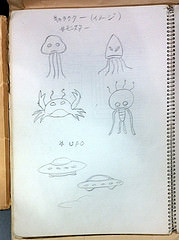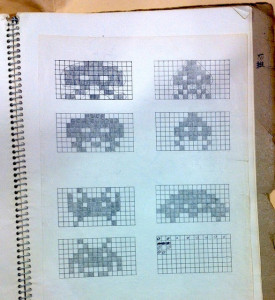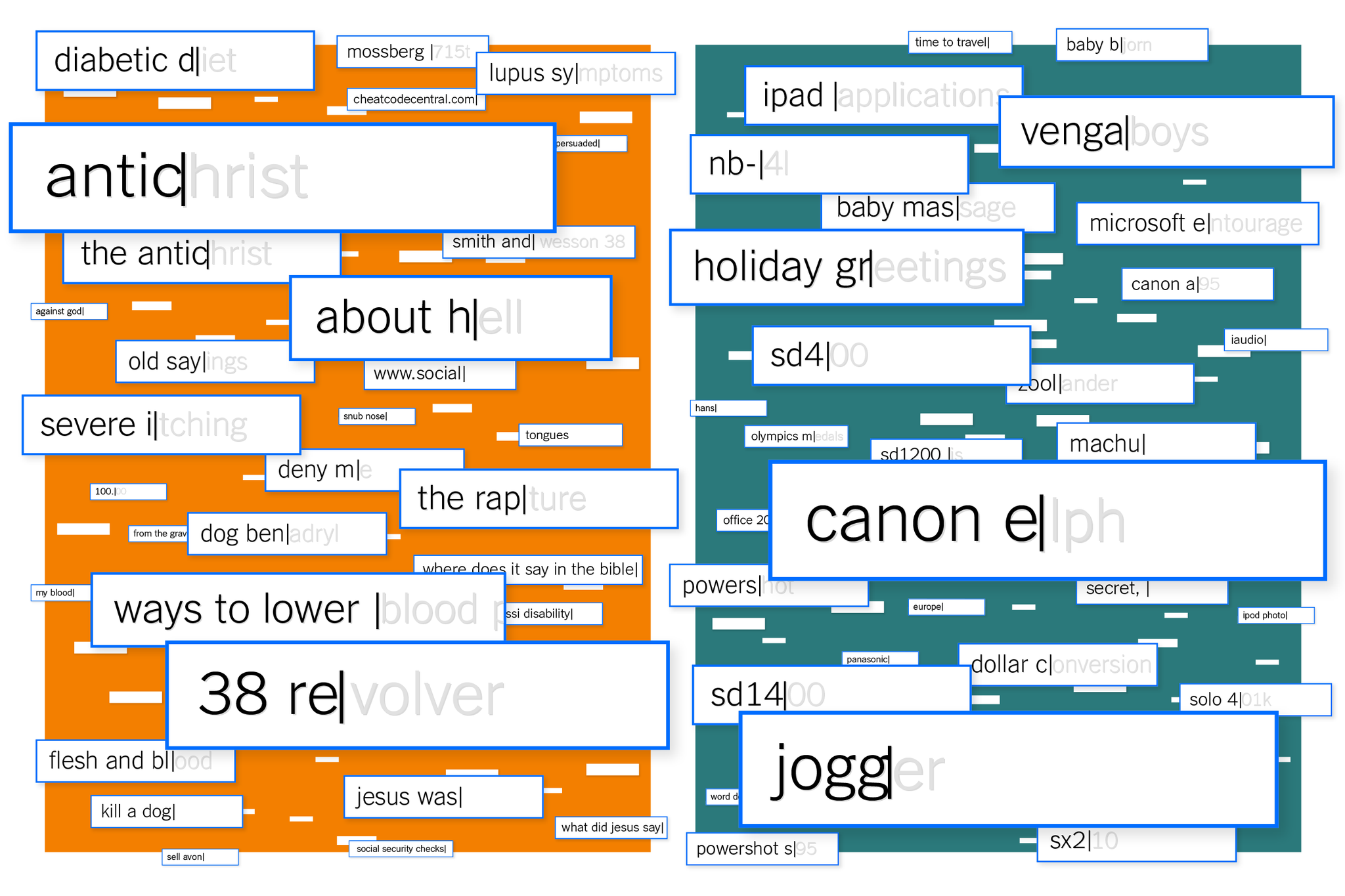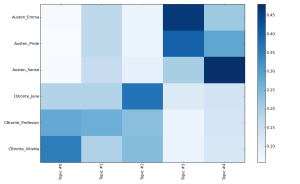George Magnus has written two insightful articles in the Nikkei Asian Review on the impact of an aging population on Asian countries. The first, The clock is ticking for an aging Asia goes beyond the usual stories on Japan to look at other countries including India. The second, Strategies for winning the demographic battle looks at what is being done and what could be done.
What does this mean for the games industry in Japan and, more generally Asia? First of all, we need to remember that the Asian games industry is growing dramatically as the large countries like India and China get wired and videogame-capable systems (smartphones and tablets) become accessible. It will be interesting to see what happens as this audience ages. Second, we in the West are not necessarily the obvious export audience for Japanese games – Japanese companies may turn to focus more on South Korea and China than North America and Europe. There are cultural continuities that make certain types of Japanese games more likely to appeal in Asia than in the west. For example, warring state games – ie. games that have as a background the shared mythology of medieval warring states (whether the period of civil war in Japan or that of China.) Third, we could see Japanese companies developing games for the west in the Philippines as they move development offshore the way they have moved ship building.
To be honest, I am just guessing. I feel we need to understand the Asian game market to understand Japan (rather than thinking of Japan as our other), but I’m not sure where things are going. Magnus’ articles are the best news I’ve read on the issue of aging populations for some time.




